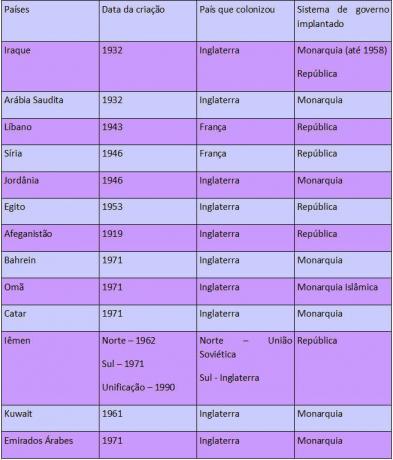Note the sentences below:
“32% of the territory of Fortaleza is a green area, points out mapping” (O Povo Newspaper, 07/09/2013)
“Lost of territory raised tension between rival drug dealers” (Estadão, 12/20/2010).
It is quite common, in our daily lives, to read news or hear about issues involving “territories”. But what does this word mean? And what is its importance for the geographic space in which we live?
The most accepted definition of territory, among geographers, is the geographical space appropriated by power relations, that is, when a person or an organization exercises dominion or power over a certain area, it becomes its territory.
However, as we can see from the two headlines presented at the beginning of this text, we can have several different types of territory. In the first piece of news, the text refers to the territory of Fortaleza, which would be a political territory. In the second news, the information is about the traffickers' territory, which is quite different.
The political territory is that space that is administered by the State, that is, the public organizations that administer the country, the federative units and the municipalities. The Brazilian territory is the space administered by the Brazilian government, it is where our country exercises its domain and its power relations, that is, itssovereignty.
But there may be other territories, larger or smaller, as in the example of drug dealers. In this case, when the drug dealer dominates a favela, it becomes his personal territory, that is, the portion of space that is controlled by him.
Thus, we can conclude that, depending on the point of view, we can have several territories, in the most diverse places, ranging from small areas to large portions of space. Therefore, understanding how territories work helps us to better understand the world we live in and the power relations that inhabit it.
By Rodolfo Alves Pena
Graduated in Geography


